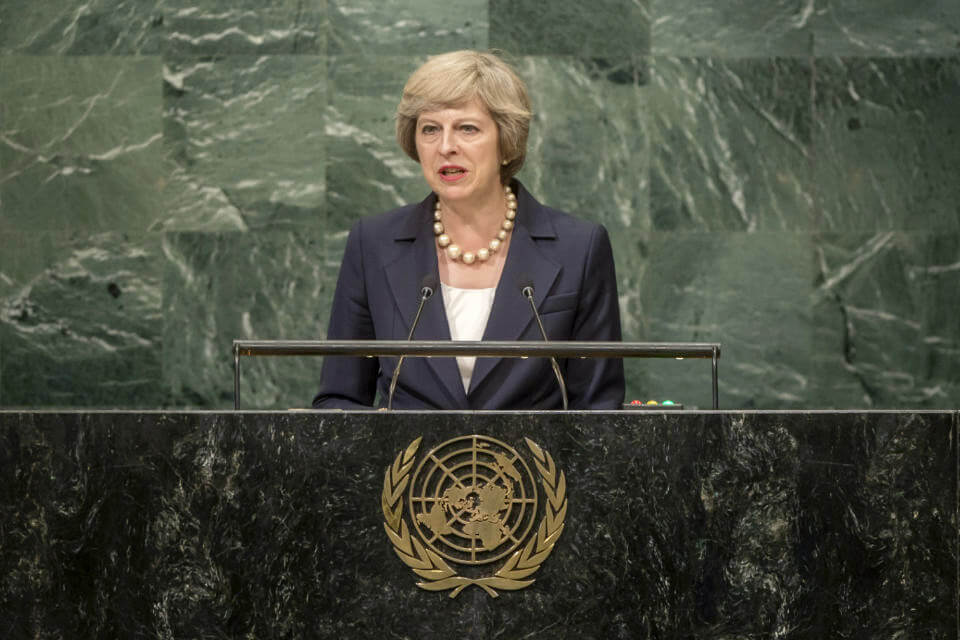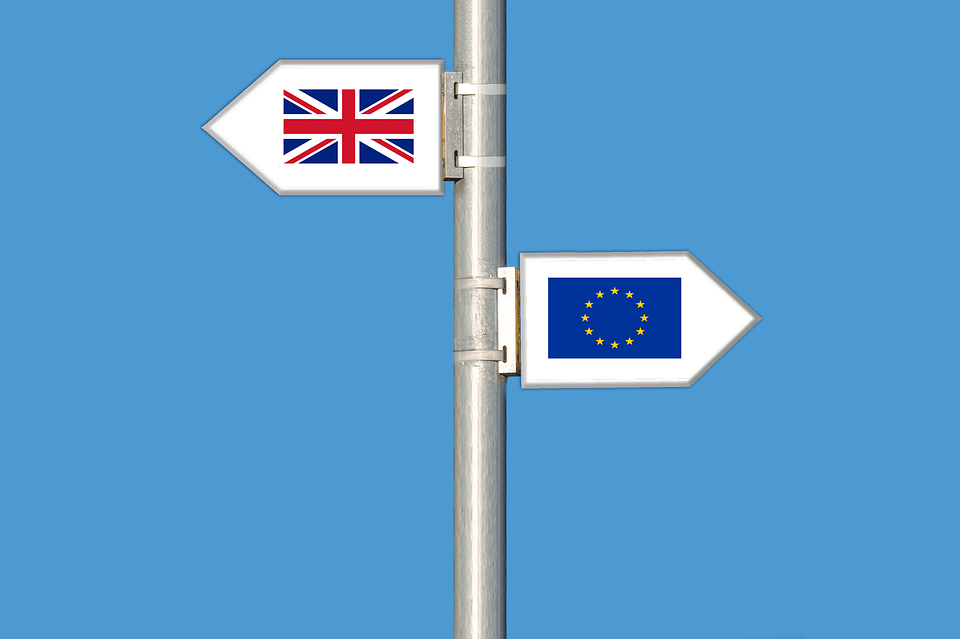Featured
Theresa May and her ‘no deal’ contingency plan could be disruptive for UK, EU
When the Brexit finally happens next year, among those who will take the hardest hits are the exporters and importers if no trade deals are going to be signed.

Two new white papers reveal UK Prime Minister Theresa May’s contingency plans in case no trade deal has been reached with the European Union. The United Kingdom is leaving the EU by March 2019.
May and the Brussels HQ of the EU have been in talks to negotiate a trade agreement in line with Brexit. The Prime Minister said there have been “real and tangible progress” made in their discussions, but the government is still preparing for “every eventuality.” There is a possibility that the country will walk away without a deal, although that is not the result the country and the union would want.
The white papers set out three strategic objectives, as reported by BBC News. One is to ensure that the UK and the EU will have a frictionless trade as much as possible. It also aims to avoid a hard border between Ireland and Northern Ireland. The UK and Northern Ireland have agreed they both do not want any physical infrastructure at their border. Then, the third objective is to establish an international trade policy for the UK.
The proposals in the white papers suggest how disruptive it would be if no trade deal has been made. However, the country is determined to show the union that whatever happens, the UK is prepared.
The fifth round of negotiations in Brussels opened this week. The final round of talks among EU leaders will be on Oct. 19. They will decide if there has been enough progress made to move to the second phase of negotiations and talk about their post-Brexit relations with the UK. May said the ball is now in the EU’s court, but she remains positive that the country will receive a favorable response.
Exporters, importers would be hit hardest
If the trade talks between the UK and the union collapse, one of the most affected would be the exporters and importers who trade between them, per The Guardian. A no-trade deal option would pose complicated consequences to these businesses, as the kingdom would have to introduce new border tariffs and customs policies.
For instance, a customs bill would require consignments to be pre-notified to customs authorities. This would ensure that the trade will flow smoothly because a majority of roll-on roll-off ports are space-constrained. In addition, the UK would also have to collect VAT for small parcels worth £15 or less sent from the EU. Other measures to ensure a seamless trade and flow of goods are yet to be formulated.
Spending money on “no deal” scenario is not the answer
It is good to have a contingency plan in case that no trade deal has been signed, and those in favor of Brexit would agree that there should be an alternative option. However, experts say that spending billions of money to ramp up the country’s customs operations would be futile. Financial Times’ Chris Giles said that the system would just fall because it needs cooperation between two countries. A new customs system for the UK would only work if the same system is in place in France, Belgium, and Ireland, Giles said.

The United Kingdom is set to leave the European Union early next year. (Source)
“The UK would need to ask to retain all the existing rights and responsibilities of membership of the single market and the customs union after Brexit. Given the UK’s net contributions and the joint interest in avoiding chaos, that is likely to be acceptable,” Giles recommended.
Speaking at the House of Commons, May said, “We don’t want to settle for a model enjoyed by other countries.” Instead, she is proposing a unique and creative solution to build a new economic relationship with the union.
Foreign Secretary Boris Johnson is optimistic that the prime minister will be able to secure a free trade deal with the EU. He wrote on Facebook that the future looks good in terms of leaving the union and that May has reaffirmed Britain taking control over its laws, money, and border.
May urged to guarantee EU citizens’ rights
Meanwhile, Labour said, “no real progress” has been made in the EU-UK discussions, and Labour leader Jeremy Corbyn said they were just “squabbling amongst themselves” over the past 15 months. Corbyn, SNP leader Ian Blackford, as well as the Liberal Democrats, urge the prime minister to “show real leadership” and guarantee the rights of EU citizens in the UK.
May confirmed that during the two-year transition period before the Brexit deadline, the UK would still be under the jurisdiction of the European Court of Justice (ECJ). This is troubling according to Eurosceptic Conservative MP Jacob Rees-Mogg because “then we haven’t left the European Union or the date of departure is being delayed,” he told BBC.

-

 Impact Investing1 week ago
Impact Investing1 week agoEnfinity Launches First Solar Plant in Italy with Microsoft
-

 Markets5 days ago
Markets5 days agoSilver Dips Sharply, While Gold Gains Amid Mixed Stock Market
-

 Crowdfunding2 weeks ago
Crowdfunding2 weeks agoEvenFi Launches Run-Off Service to Protect Investors as Crowdfunding Platforms Exit
-

 Africa2 days ago
Africa2 days agoTunisia Holds Interest Rate as Inflation Eases, Debate Grows
























You must be logged in to post a comment Login